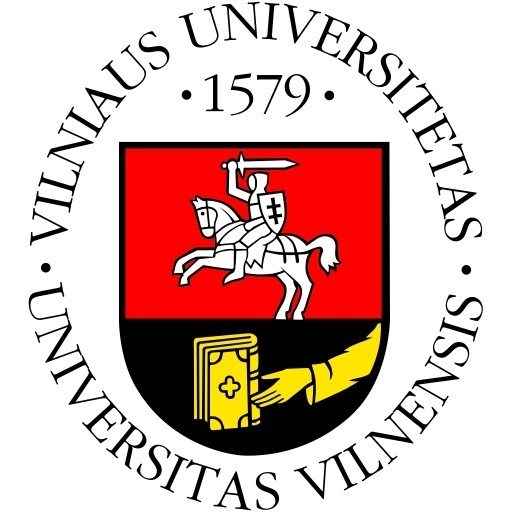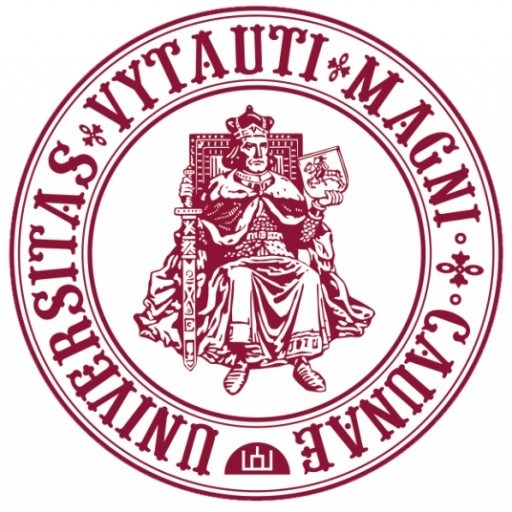Photos of university / #vilniusuniversity
The international and European Union law program at Vilnius University offers comprehensive education and in-depth understanding of the legal systems, regulations, and policies that govern the relations between states, international organizations, and individuals within the context of European integration and global cooperation. This rigorous program is designed to equip students with substantial knowledge of the legal principles underpinning international law, including treaties, negotiations, dispute resolution, and human rights standards, as well as the specific legal frameworks of the European Union, such as its institutions, decision-making processes, and legislative procedures.
Students will explore a wide array of topics, including international humanitarian law, criminal law, maritime law, environmental law, and the legal aspects of economic and political cooperation. The program emphasizes critical thinking, analytical skills, and practical application, preparing graduates for careers in international organizations, government institutions, legal practice, and academia. Through a combination of theoretical courses, case law analysis, internships, and research projects, students develop a nuanced understanding of how international law shapes global and regional governance.
Vilnius University’s program benefits from close cooperation with international bodies and organizations, providing students with opportunities for internships, conferences, and exchange programs that enrich their educational experience. The curriculum is regularly updated to reflect recent developments in international and EU law, ensuring graduates are well-prepared for the dynamic legal environment. Graduates of the program are equipped with the skills necessary to analyze complex legal issues, contribute to policy-making, and promote justice and compliance in international and European contexts. The program ultimately aims to foster a new generation of legal professionals committed to upholding the rule of law, human rights, and sustainable development within a globalized world.
The International and European Union Law programme at Vilnius University offers students a comprehensive education in the legal frameworks that govern international relations and European integration. Designed to prepare graduates for careers in diplomacy, international organizations, legal practice, and public administration, this programme covers a broad spectrum of topics crucial for understanding the complexities of international law and EU legal systems. Throughout the course, students acquire a deep understanding of fundamental principles of international law, including sovereignty, jurisdiction, and the law of treaties, alongside specialized knowledge of the European Union's legal structure, decision-making processes, and policy development. The curriculum emphasizes both theoretical foundations and practical skills, enabling students to analyze legal issues, draft legal documents, and critically evaluate legal arguments within an international context. Students explore key areas such as human rights law, dispute resolution, international trade law, environmental law, and security law, gaining insights into how these fields interact within the global arena. Special attention is paid to the European Union’s legal order, including its institutions, their competencies, and the legal mechanisms that support integration among member states. The programme also provides practical training through seminars, case studies, and internships, fostering skills necessary for legal research, advocacy, and negotiation. Graduates of this programme will be equipped to pursue professional careers in international courts, government agencies, international NGOs, and European institutions, as well as continue their studies at postgraduate levels. With an emphasis on critical thinking, legal analysis, and understanding of international and European legal instruments, the programme aims to produce highly qualified specialists capable of addressing emerging legal challenges in a globalized world.
ADMISSION REQUIREMENTS AND SELECTION CRITERIA
- Bachelor of Laws or an equivalent qualification of a jurist from institutions of higher education.
- Depending on the group: English language proficiency - the level not lower than B2 (following the Common Framework of Reference for Language approved by the Council of Europe), proof of proficiency in English: IELTS 5.5+, iBT TOEFL 65+; Russian language proficiency – the level not lower than C1 (following the Common Framework of Reference for Language approved by the Council of Europe). The requirement does not apply to those who have graduated from the studies delivered in English or Russian or if it is a native language of a candidate.
The financing options for the International and European Union Law program at Vilnius University are designed to accommodate a diverse range of students, including both Lithuanian and international applicants. Most students finance their studies through a combination of state-funded scholarships, tuition fee payments, and additional financial aid where available. Lithuanian residents can benefit from government-funded places that cover the full or partial cost of studies, subject to competitive selection procedures. International students typically pay tuition fees, which vary depending on the program and the student's country of origin; these fees are established annually by the university and are listed on the official Vilnius University website.
Additionally, students have access to various scholarship programs intended to support their academic pursuits. These include university scholarships awarded based on academic excellence, financial need, or other specific criteria, as well as external scholarships provided by Lithuanian government agencies, international organizations, and private foundations. Students may also secure student loans, though specific terms and availability depend on the student's country of residence and the financial institutions involved.
Vilnius University encourages students to explore bilateral agreements and exchange programs, such as Erasmus+, which provide opportunities for funding mobility and part of studies abroad. Such programs often cover tuition, travel, and accommodation costs, reducing the financial burden on students. Some students may also work part-time during their studies, as Lithuanian law permits international students to engage in employment within specified hours, thus supplementing their income.
Moreover, the university offers guidance and counseling on financial planning, application procedures for scholarships, and other funding opportunities. It is recommended that prospective students consult the university's official website and contact the admissions office for up-to-date information on available financial aid, application deadlines, and eligibility criteria. Overall, the financing landscape for the International and European Union Law program combines statutory funding, scholarships, external grants, and employment possibilities, enabling students to pursue their legal studies with appropriate financial support.
INTERNATIONAL MOBILITY
Students can participate in ERASMUS+ mobility programme which gives an opportunity to study at VU’s Partner University or do internship abroad.
CAREER OPPORTUNITIES
The qualification enables graduates to be legal experts (advisers) to both public and private entities, engage themselves as problem analysts or researchers in academic institutions as well as to work in all major legal professions in national and international, governmental and non-governmental organizations and companies. A possibility of holding an office in regulated professions (judges, solicitors, prosecutors, civil servants etc.) will depend on qualification requirements applicable in a particular country and the recognition of foreign studies.
Graduates of the programme will be able to pursue academic career in Lithuania and abroad in continuing their postgraduate studies in PhD programme in social sciences.



